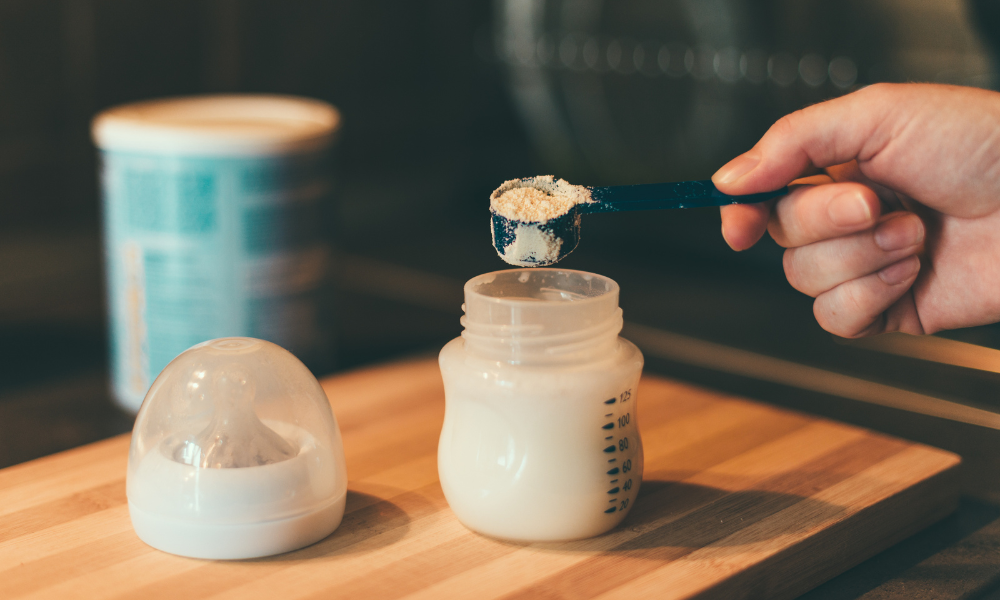
The commission rejected a bid to extend the MAIF Agreement for another five years

The Australian Competition and Consumer Commission (ACCC) has denied authorisation for the continued implementation of the “Marketing in Australia of Infant Formula (MAIF): Manufacturers and Importers Agreement,” a voluntary industry code that restricts advertising and promotion of infant formula.
The Infant Nutrition Council had sought ACCC approval to extend the MAIF agreement and its associated guidelines for another five years. However, the ACCC concluded that the agreement’s voluntary nature, its limited scope, and its inability to address modern digital marketing methods undermine its effectiveness.
According to ACCC acting chair Mick Keogh, the public benefits claimed under the MAIF agreement were either unlikely to arise or would likely occur regardless of the agreement. Additionally, the ACCC found that the agreement could result in competitive harm.
“We are not satisfied in all the circumstances that the MAIF Agreement is likely to result in public benefits that would outweigh the public detriments likely to result from it,” Keogh said in a statement.
The ACCC’s decision follows a consultation process initiated in September 2024, during which stakeholders raised broader health policy concerns, including whether marketing restrictions should apply to breastmilk substitutes for children over 12 months old and extend to retailers. However, the ACCC noted that such policy decisions fall outside its scope and are matters for the Australian government.
Established in 1992, the MAIF agreement has been a key component of Australia’s commitment to the World Health Organization’s International Code of Marketing Breast Milk Substitutes. It serves as a self-regulatory framework under which manufacturers and importers of infant formula voluntarily agree not to advertise or promote their products for infants under 12 months of age.
The agreement requires competitors in the infant formula industry to collectively limit their marketing efforts, which is a violation of competition law and requires ACCC authorisation.
Keogh acknowledged the well-established health benefits of breastfeeding but expressed concerns that the MAIF agreement does not effectively protect breastfeeding rates.
“We are not satisfied that the MAIF Agreement and associated guidelines are likely to result in a net public benefit to justify authorisation and consider that they are likely to result in some public detriment through reduced competition between infant formula manufacturers and importers, compared to the future without the conduct,” Keogh said.
The Department of Health and Aged Care commissioned an independent review of the MAIF agreement, concluding that it is no longer fit for purpose. The review recommended replacing the voluntary code with a mandatory, legislated regulatory framework.
The Australian government has accepted this recommendation and plans to introduce a compulsory marketing restriction regime for infant formula. This process is expected to take approximately two years to implement.